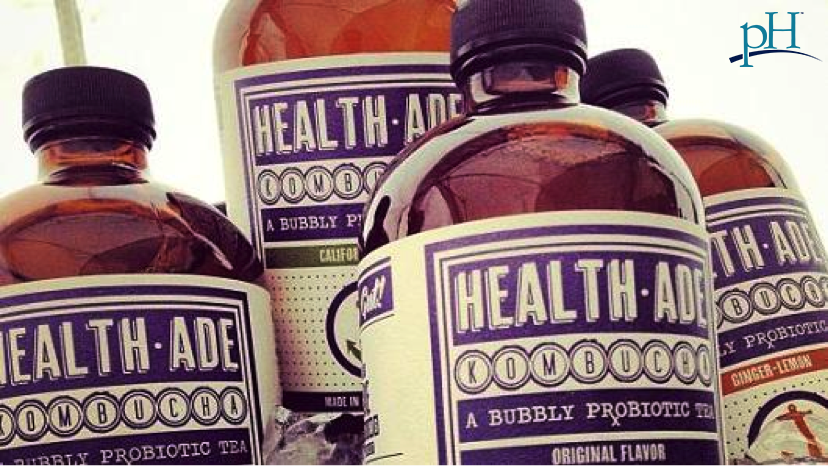Probiotics: bacteria to promote a strong gut and immune system
11 years ago | Nutrition
By pH health care professionals
The root of the word probiotic comes from the Greek word pro, meaning "promoting" and biotic, meaning "life." And you’ll find it in more places than just your Greek yogurt. Probiotics can also be found in kombucha drinks, kefir and supplements.
So what exactly are probiotics?
Probiotics are "friendly bacteria" that are similar to organisms that occur naturally in the digestive tract. Certain strains or types of probiotics have been linked to all sorts of health benefits, from helping with irritable bowel syndrome and traveler’s diarrhea to boosting the immune system. They're sometimes used with antibiotics to combat the diarrhea that may result from taking antibiotics.
How do probiotics work?
Researchers believe that some digestive disorders happen when the balance of friendly bacteria in the intestines becomes disturbed. This can happen after an infection or after taking antibiotics. Intestinal problems can also arise when the lining of the intestines is damaged. Taking probiotics may help to restore the balance lost as a result of infections, antibiotics and digestive disorders.
Probiotics and the immune system
There’s also evidence that probiotics promote and maintain a strong immune system. In societies with very good hygiene, some researchers have pointed out an increase in autoimmune and allergic diseases, possibly because the immune system isn’t being properly challenged. Introducing friendly bacteria (probiotics) may help challenge the immune system in healthy ways.
How do you choose the right probiotics?
Studies have shown different strains of probiotics provide different benefits.
If you need support for the immune system, the following may help:
- Bifidobacterium lactis
- Lactobacillus reuteri
- Lactobacillus rhamnosus
- Lactobacillus casei
- Bifidobacterium lactis (uncooked for best results)
If you need support for diarrhea associated with antibiotic use, the following may help:
- S. boulardii
- Lactobacillus rhamnosus
- Lactobacillus acidophilus
- Lactobacillus casei
If you want to provide dietary support for gas or irritable bowel syndrome, the following may help:
- Bifidobacterium infantis
- Sacchromyces boulardii
- Lactobacillus plantarum
Cautions
For the most part, taking probiotics is safe and causes few side effects. Still, probiotics may be dangerous for people with weakened immune systems or serious illnesses. One study found that patients with severe pancreatitis who were given probiotics had a higher risk of death. It is therefore very important that you speak to a qualified physician before taking probiotics.
Enjoy Your Healthy Life!
The pH professional health care team includes recognized experts from a variety of health care and related disciplines, including physicians, attorneys, nutritionists, nurses and certified fitness instructors. This team also includes the members of the pH Medical Advisory Board, which constantly monitors all pH programs, products and services. To learn more about the pH Medical Advisory Board, click here.







